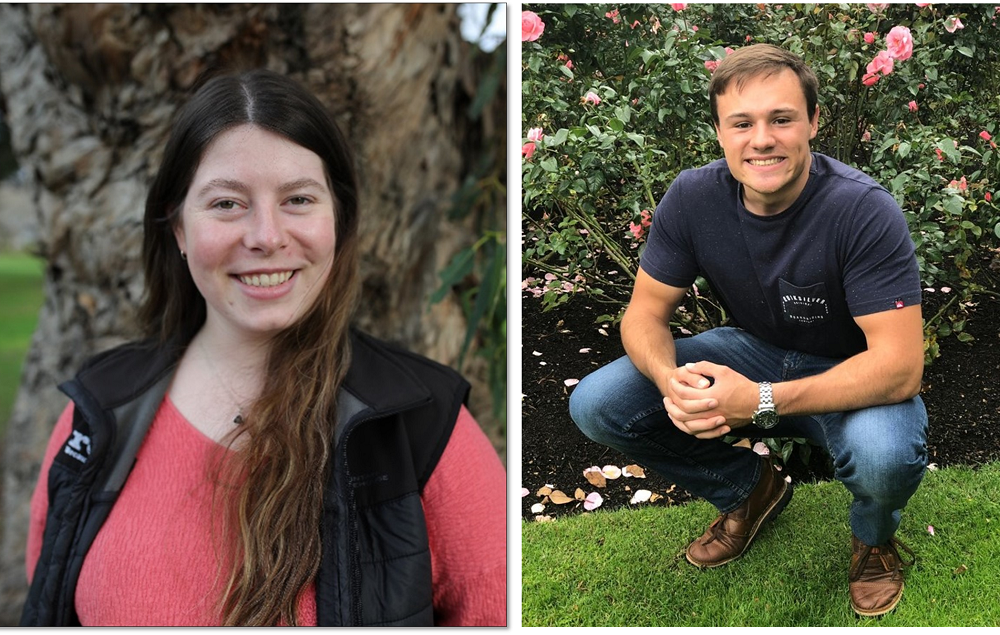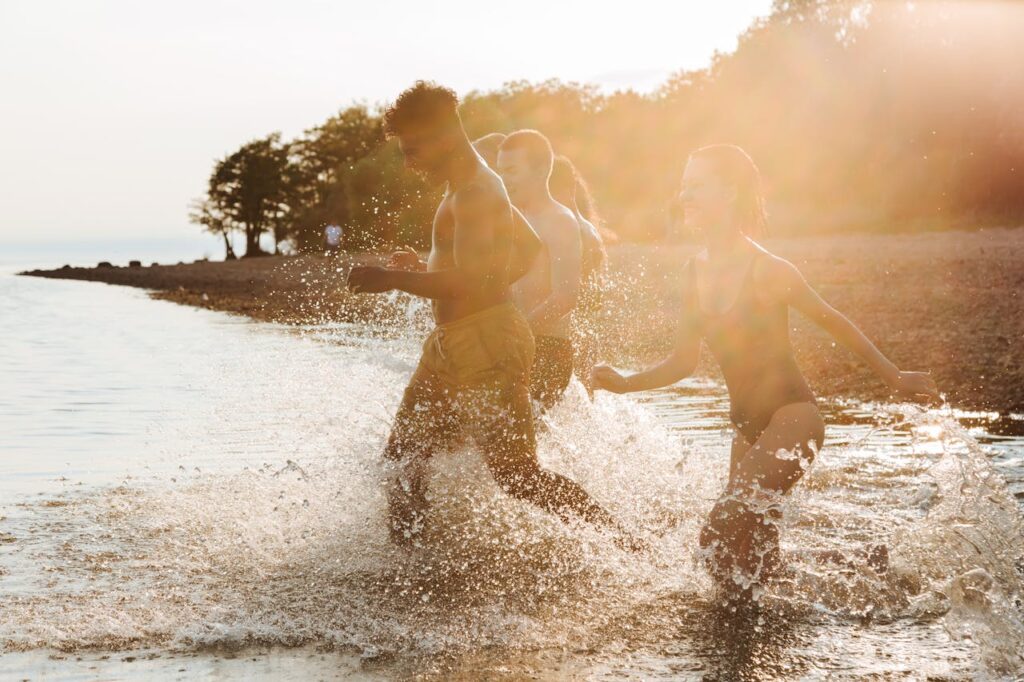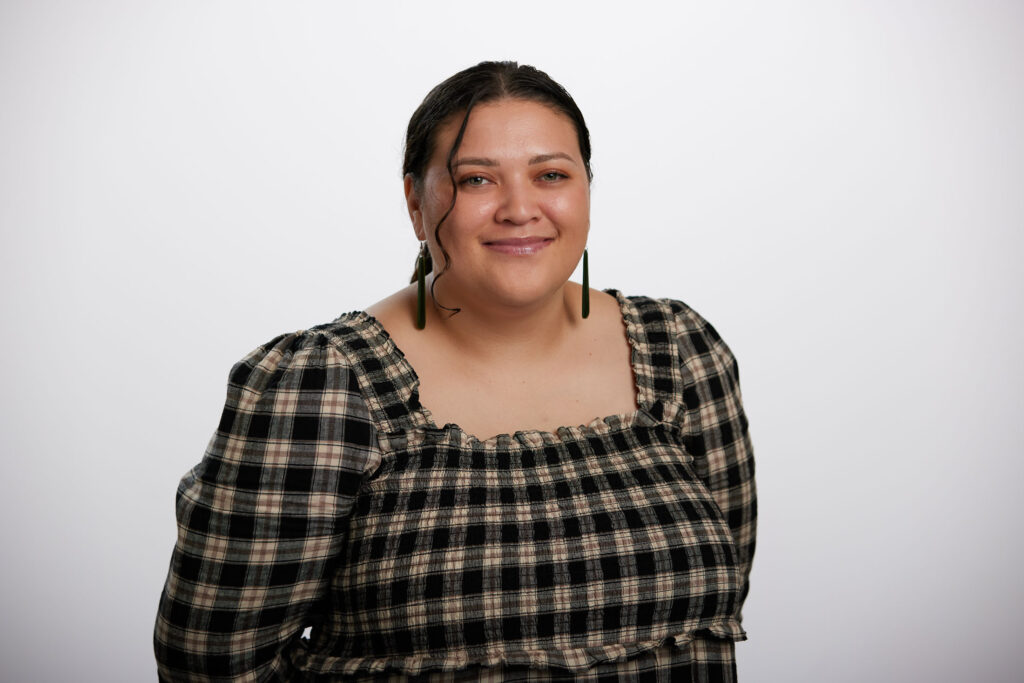Q&A with Real Talk kaimahi

Published: March 4, 2024
Real Talk is a 10-week programme for taiohi aged 12-18 years who need extra support around managing anxiety, depression and/or stress-related behaviours.
The programme is for taiohi with mild to moderate needs who’re not currently engaged in secondary care. Real Talk helps taiohi develop self-esteem and self-confidence, using cognitive behaviour therapy (CBT), sensory modulation and mindfulness tools. These help to manage and reduce anxiety and depressive symptoms. Taiohi also develop tools to help maintain and develop positive relationships, decrease feelings of isolation and loneliness, and strengthen resilience.
You’ll find Real Talk operating in Ōtautahi, Tāmaki Makaurau and Wairarapa. Visit www.real.org.nz to learn more and get in contact with teams in your area.
Some of the team at Real Talk Ōtautahi share with us what they love about their mahi below:
Barend : Real Talk youth worker
- What is your favourite part of your role?
My favourite part is the difference I can make in a young person’s life, giving them the opportunity to reach their full potential.
- What kinds of activities do you do with taiohi to support them with their goals?
We run 10 group sessions over 10 weeks. Each session gives our young people a chance to take something home that they can use as strategies to cope with difficulties in life. This may be around their mental health, physical health or something else. For example, the CBT board game where they learn a lot of concepts by playing a game and visualising it for themselves.
Some young people are very anxious about joining group sessions, so we do one-on-ones with them to help make them more comfortable. I usually go on walks where we can have multiple conversations so that they can get used to me. This helps them feel ready to join group sessions to learn even more.
Michelle : Real Talk social worker
- What is your favourite part of your role?
I enjoy spending time with our taiohi and creating moments of joy, or seeing things click in groups or individually. I love the chats where you get to connect and be in their world. Or when they ask advice, or tell a joke, or connect with someone else in the group.
I love our whānau night and being able to support whānau through things with their taiohi. Seeing the impact or the understanding they might gain for themselves, it gives me a lot of hope for when our taiohi have finished with the programme. Our roles involve a lot of fun so that’s always a highlight!
- What kinds of activities do you do with taiohi to support them with their goals?
A lot of our taiohi come to us for support around managing anxiety or low mood so in group sessions we do lots of activities designed to assist in working towards this goal. This may be learning about thinking traps, sensory modulation sessions, or vision boards. Outside of group, we might go to the mall to manage walking in and being around lots of people, or beach walks to get out of the house. For taiohi interested in further study we might visit tertiary education places. Sometimes we just have conversations around the skills we’re learning in group and how these fit into their lives.


